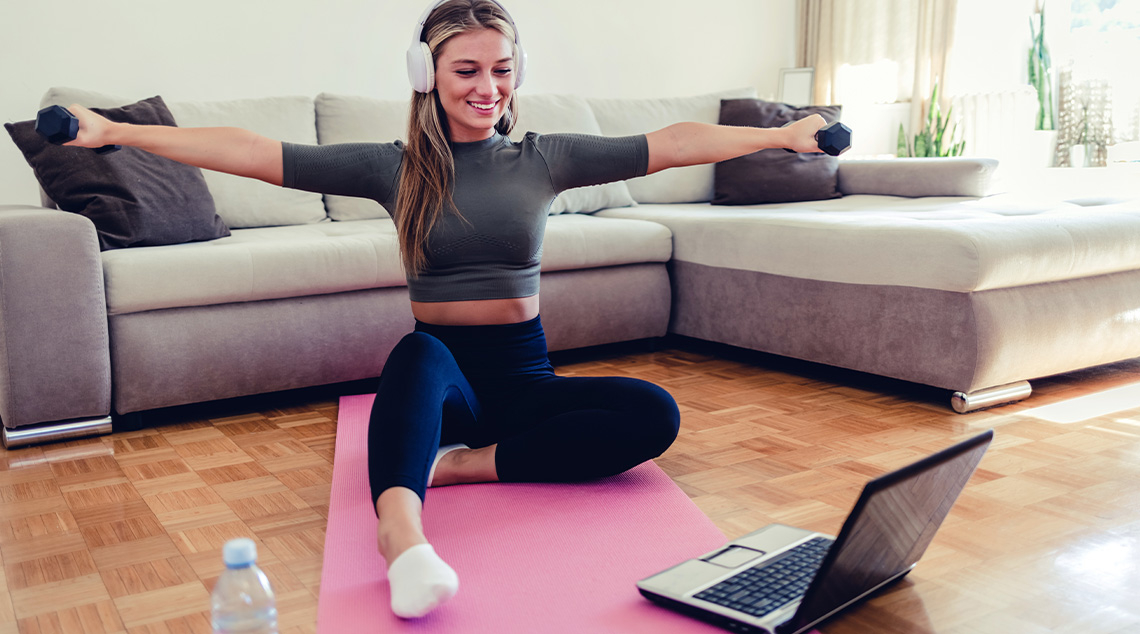Why your digital detox isn’t working, and what to do instead
Many of us spend more time online than recommended, but growing research says a “detox” is not the answer. A healthy digital nutrition plan may serve you better.
Whether it’s through social media, or the way we learn, work, work out or entertain, technology is a huge part of how we live.
But for all its advantages, there are also risks in overindulging in technology.
In order to develop a healthy balance in how we consume online content, cyberpsychology consultant Jocelyn Brewer puts the focus on digital nutrition – which starts by ditching your digital detox.
What is digital nutrition?
Drawing an analogy between how we manage food intake for physical health and how we consume digital content for mental and emotional wellbeing, Jocelyn says digital nutrition is about making smarter, more mindful choices about the way we use technology.
“About 10 years ago, everyone was talking about digital detoxing – especially in relation to kids – and I thought, ‘this echoes diet culture, and that’s super unhelpful’,” Jocelyn tells The House of Wellness radio show.
“Fad dieting, body shaming and diet culture words are really unhelpful, so I flipped it on its head and called it digital nutrition, so we can use the ‘technology under our skulls’ to make better choices with the technology we have in the palm of our hands.
“As parents, we’ve done lots of work around what’s nutritious for our kids, so I just apply it to what we consume online – is it digital junk food, or is it ‘digitally nutritious’?
“So, are we learning, are we connecting, are we doing some of the good stuff?”
Listen to The House of Wellness radio interview:
Why your digital detox doesn’t work
Jocelyn says the idea of simply cutting off your digital connection is impractical, and research shows it’s ineffective.
She says it’s probably about 10 years too late to try to abstain from technology.
Rather than forcing ourselves offline, Jocelyn believes it’s more effective to consider what we’re doing with our technology.
“It’s about who you follow and how you’ve curated an algorithm to serve you up heaps of junk food, heaps of misinformation, maybe values and attitudes that aren’t aligned to the things that you really care about,” she explains.
How to adopt healthy digital nutrition
Jocelyn recommends using the “technology under your skull” to develop mindful and intentional habits around your digital diet.
“Our human brain has over 100 billion neurons that work really hard to process and make sense of our world,” she says.
“So any human who picks up any kind of digital device … (needs) to be more aware and conscious of what (they) are consuming.”
Which doesn’t mean we can never have a bit of fun with the content we enjoy online.
“I love a good meme or a bit of a joke, but when that’s the big chunk of what we’re consuming, we’re not actually using that incredible brain to do higher-order thinking, to solve some of the problems that are coming hard and fast right now,” Jocelyn says.
Jocelyn also suggests we take ownership of our technology use.
“It’s really easy to say ‘big tech made me do it, and I am helpless against this’,” she says.
“I would really empower people to make stronger choices.”
Read more on digital health:
- Unplugged: Why you may need a digital fast
- Are your digital habits draining you? Here’s how to take back control
- Why digital hoarding is the new clutter and how to free your online life
Written by Claire Burke.






